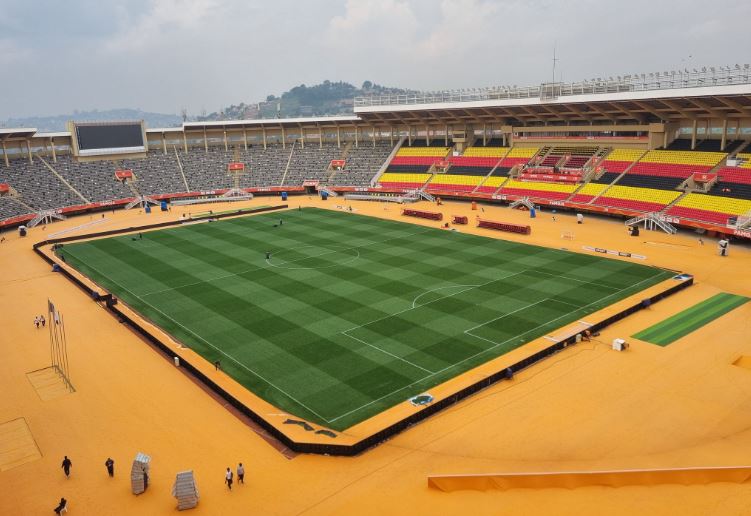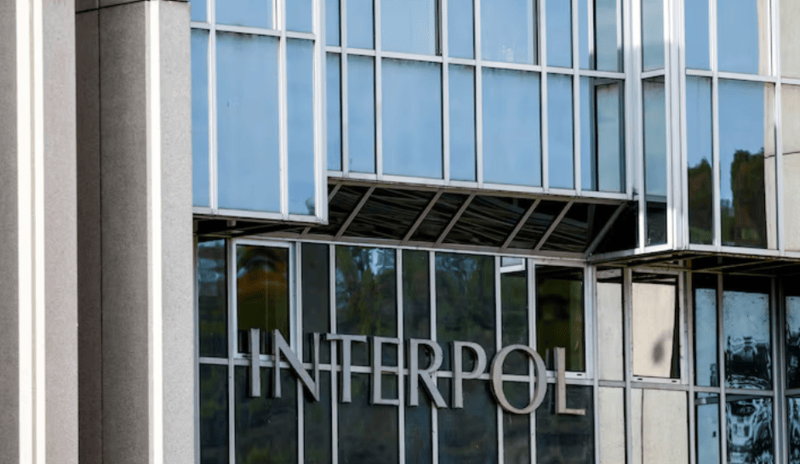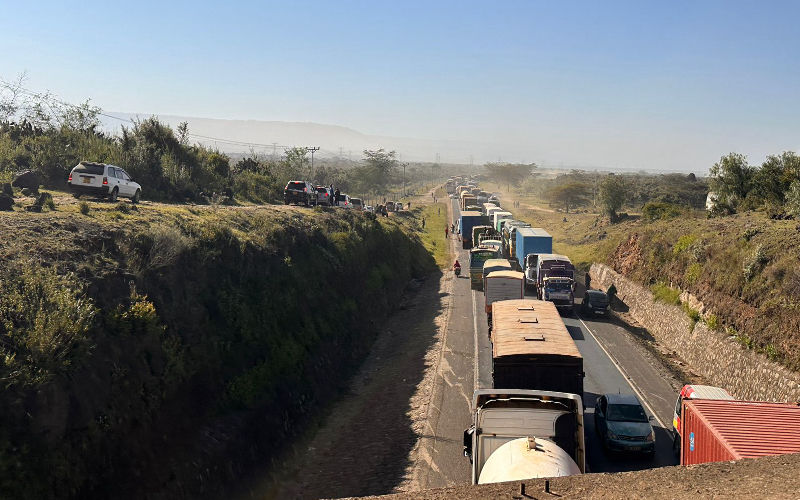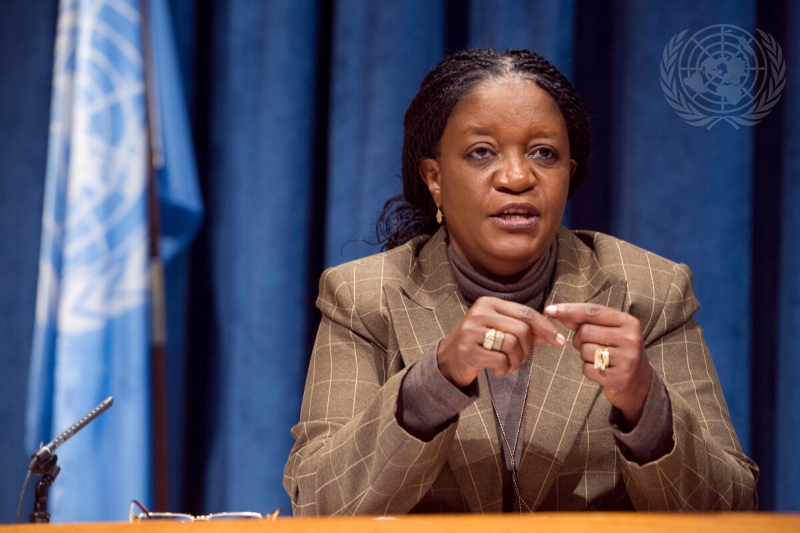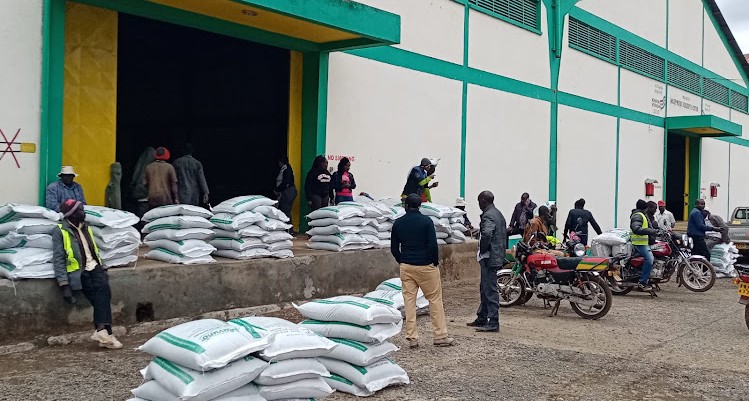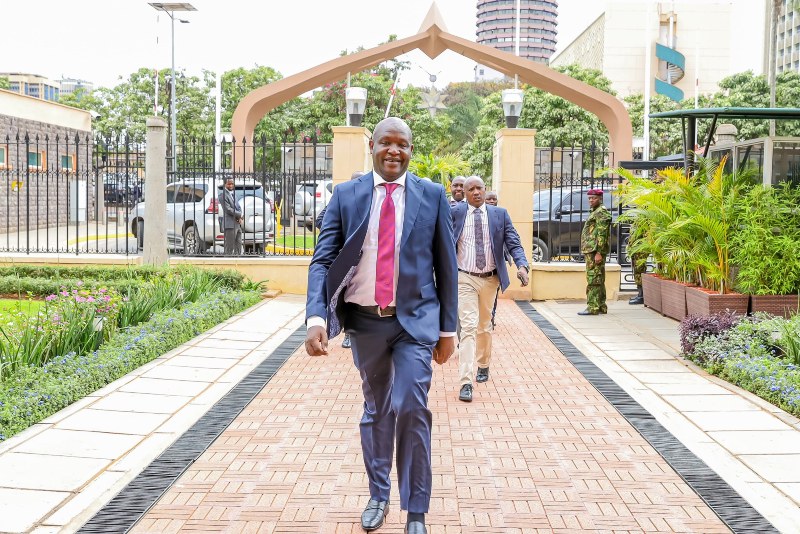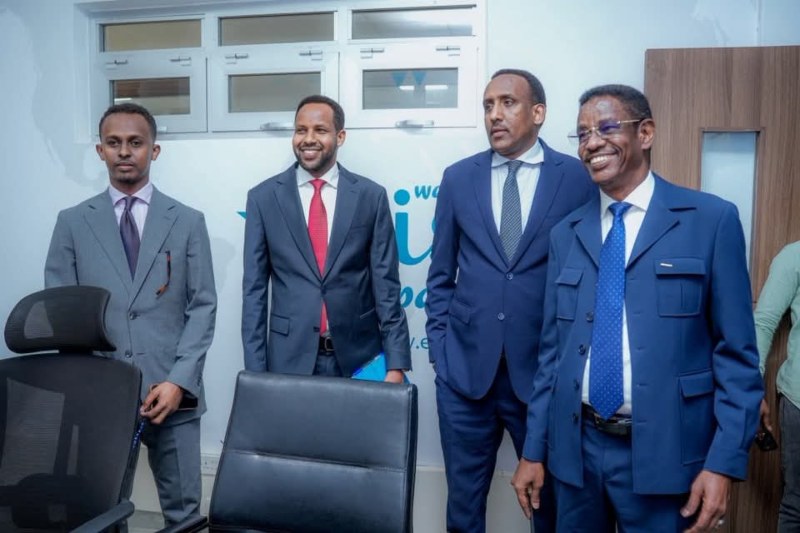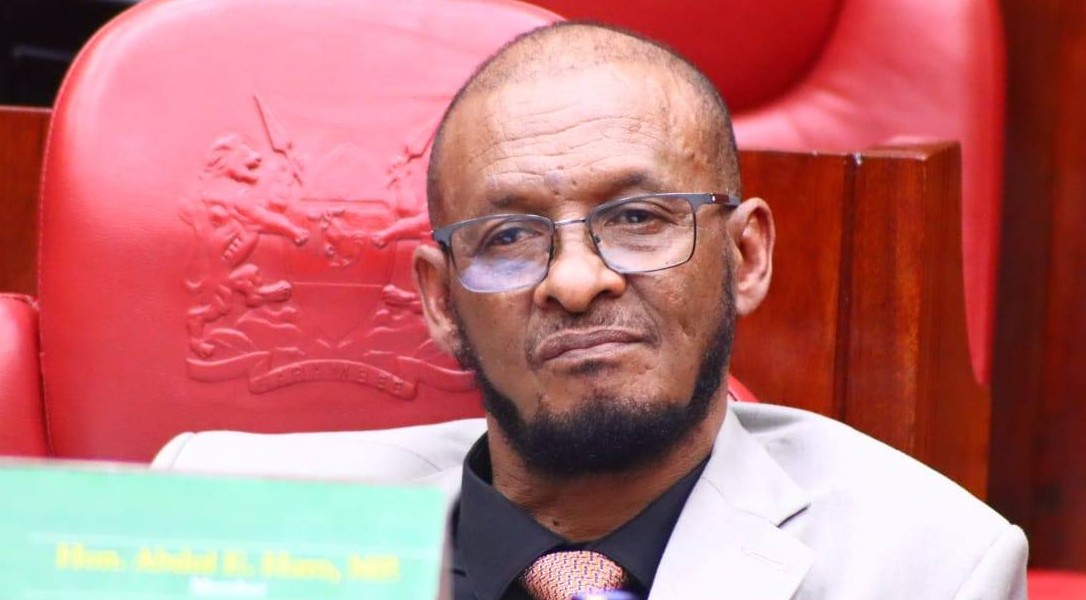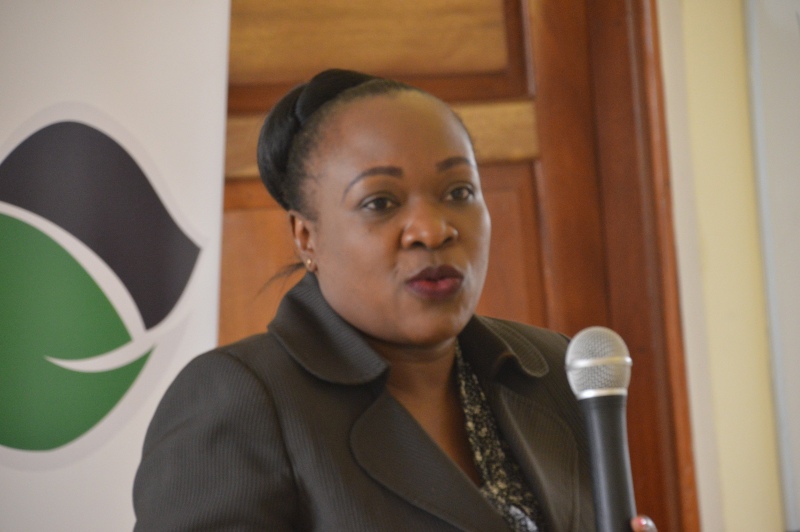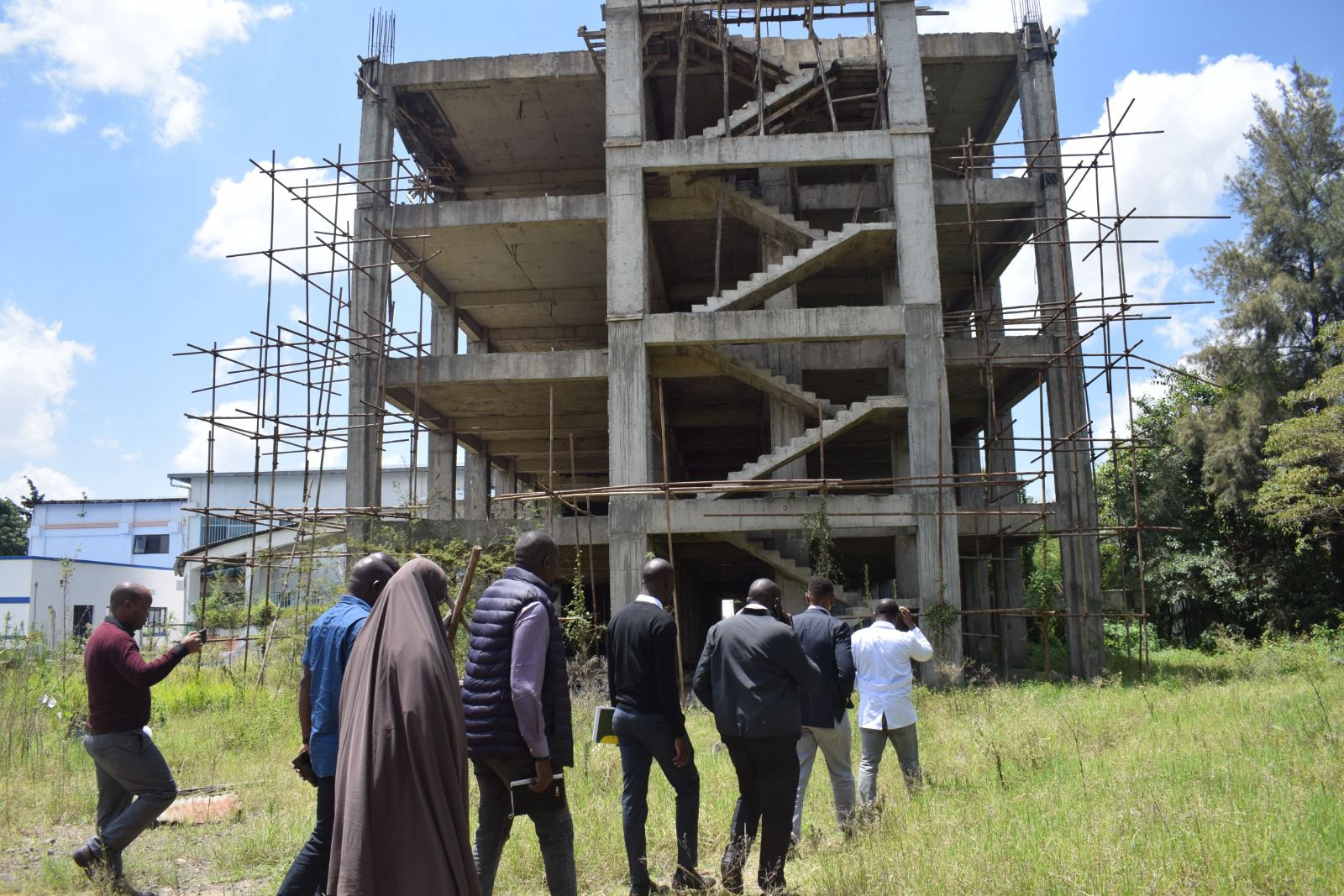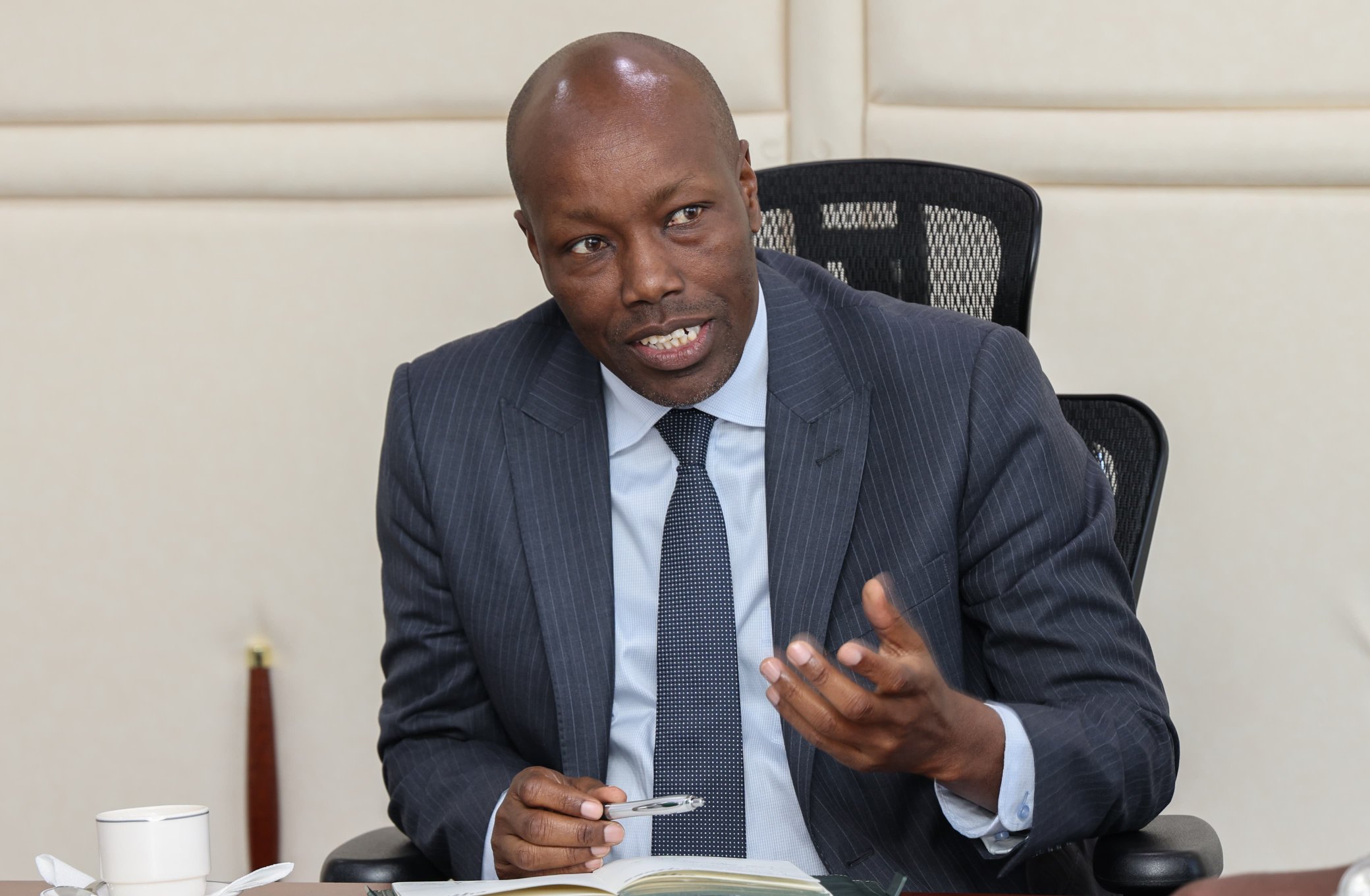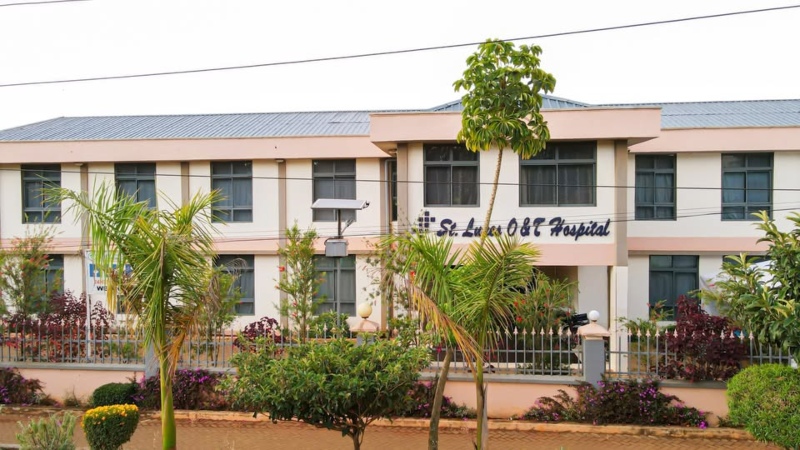Haiti’s interim government loses control as gangs demand a seat at the table
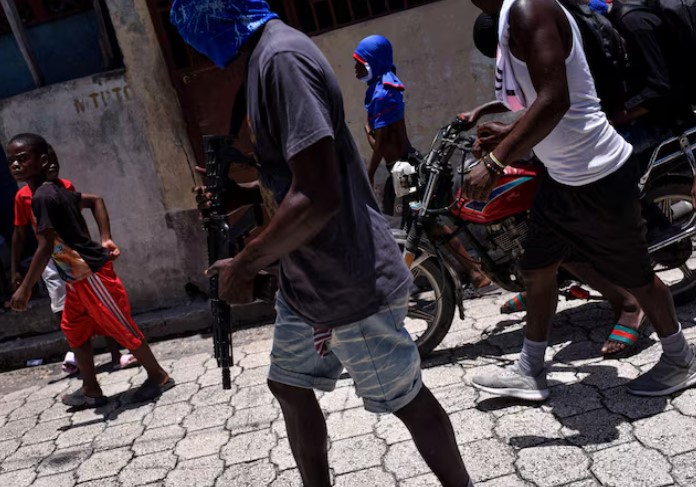
The report released on June 1, 2025 states that few Haitian government officials still operating are cornered in Pétion-Ville, an affluent hillside neighbourhood now surrounded by gang-held areas. Thousands of residents are also fleeing the capital as violence intensifies.
Haiti gangs have reportedly tightened their grip on Port-au-Prince and are now demanding political recognition amid collapsing institutions and public services.
According to a recent report by the Financial Times, the country is facing its worst security and humanitarian crisis in years, as heavily armed criminal groups expand their control across the capital and beyond, overwhelming the interim government and paralysing essential services.
More To Read
- ‘The people of Haiti are in a perfect storm of suffering,’ warns UN chief
- Kenyan-led forces retake Télcos Station from gangs in Haiti
- Ruto, US Secretary Rubio discuss Haiti security mission, trade as Kenya pushes UN support
- Why ‘Tomorrow is too late’ to scale up humanitarian aid in Haiti
- ‘The Wild West’: Desperation is rampant in Haiti as gangs, vigilantes spread
- World has tools to end Haiti’s crisis, it’s time to use them -humanitarian coordinator
The report released on June 1, 2025 states that few Haitian government officials still operating are cornered in Pétion-Ville, an affluent hillside neighbourhood now surrounded by gang-held areas. Thousands of residents are also fleeing the capital as violence intensifies.
“They come at night to steal everything they can, setting fires to hold their positions. We are right in the middle of it,” a business owner preparing to evacuate his family and 15 employees told the Financial Times.
The United Nations-backed security support mission, led by Kenyan police officers, has reportedly had limited impact. The report notes that their visibility on the ground has significantly decreased since the killing of two Kenyan officers.
During a four-day visit to the capital, Financial Times journalists said they did not encounter a single patrol. The mission had initially deployed around 1,000 foreign officers to support Haiti’s overstretched police.
Former acting Prime Minister Claude Joseph called the security situation “a daylight nightmare,” adding, “You never know when somewhere is going to fall.”
According to the report, the gangs, once splintered and at war with each other, have grown more united and assertive since the 2021 assassination of President Jovenel Moïse. In early 2023, they also launched a coordinated campaign that forced out the then acting Prime Minister Ariel Henry.
Their ambitions reportedly now appear to extend beyond controlling territory, and demanding formal recognition as political actors.
Port-au-Prince, home to more than 2.5 million people, is now a battleground where armed gangs rule entire neighbourhoods.
The Financial Times notes that the gangs have turned residential areas into no-go zones, manning checkpoints, looting homes, burning buildings and using walls of civilian houses to move undetected through contested areas.
The streets are reportedly lined with rubble, bullet holes and burned-out vehicles. Humanitarian officials say a self-defence group led by a police officer known as Samuel is the only barrier left between the gangs and the interim presidential council.
As chaos deepens, private military contractors and police forces have turned to kamikaze drones laden with explosives to confront the gangs. Finance Minister Alfred Métellus said the use of drones could help shift momentum, but only if thousands of security personnel are deployed alongside.
“Using drones is necessary but not enough. They must be accompanied by the deployment of the security forces on the ground to take definitive control of the areas under gang control,” he told the Financial Times.
Humanitarian crisis
Political dysfunction has also exacerbated the crisis as Haiti has not held a national election since 2016. The interim government, riddled with corruption allegations and internal feuds, has failed to establish stability or a credible path to elections.
It ousted its first leader in November 2023 and continues to operate with limited authority.
The humanitarian consequences are further devastating. According to the UN, more than one million people, roughly one-tenth of the population, have been displaced.
Over 5,600 people were murdered in 2024 alone, and nearly six million are expected to face acute food insecurity this month. Over a third of Haitians live on less than $2.15 a day.
Public services in the capital have also virtually collapsed. Two-thirds of major public hospitals in Port-au-Prince have reportedly been forced to close.
Armed gangs are said to control the main roads to the ports, extorting importers and driving up prices for food, fuel and basic goods. Many residents who can afford to flee have relocated to Cap-Haitien, Haiti’s second-largest city.
Displacement camps within the capital have further highlighted the magnitude of the crisis. One government building in Port-au-Prince reportedly houses more than 8,000 people in conditions described as squalid and unsafe.
According to Financial Times, the building overflows into nearby streets, filled with the stench of faeces, urine and rotting waste.
During heavy rains, the area also floods leaving more than 15 people sleeping in drained rooftop and swimming pool covered with scraps of tarp.
Health workers on site have reported cases of cholera and tuberculosis, though international aid agencies rarely visit.
Gangs have also expanded their grip beyond the capital, taking control of key regions like Artibonite, Haiti’s agricultural heartland, and Mirebalais, a strategic town on the road to the Dominican border.
In May, the United States designated two of Haiti’s largest criminal groups as foreign terrorist organisations. Still, Haiti’s interim government continues to plead for stronger international military intervention.
It has called for a full UN peacekeeping force, but China and Russia have previously blocked such proposals at the Security Council.
The US is now lobbying for a new mission led by the Organization of American States (OAS), a regional bloc with limited experience in high-risk operations of this magnitude.
Top Stories Today


